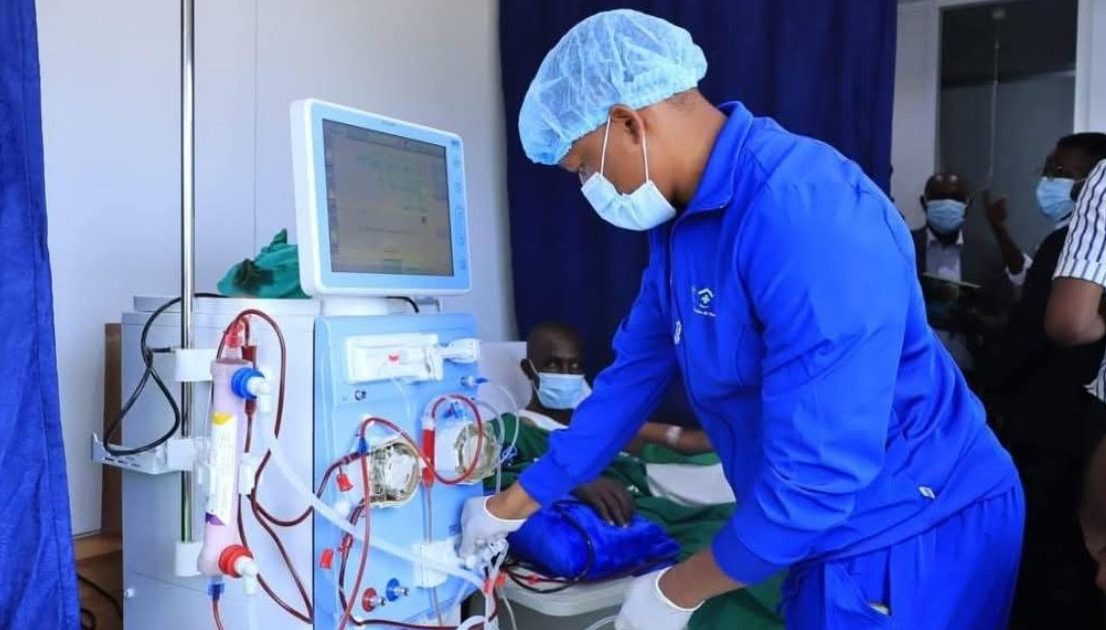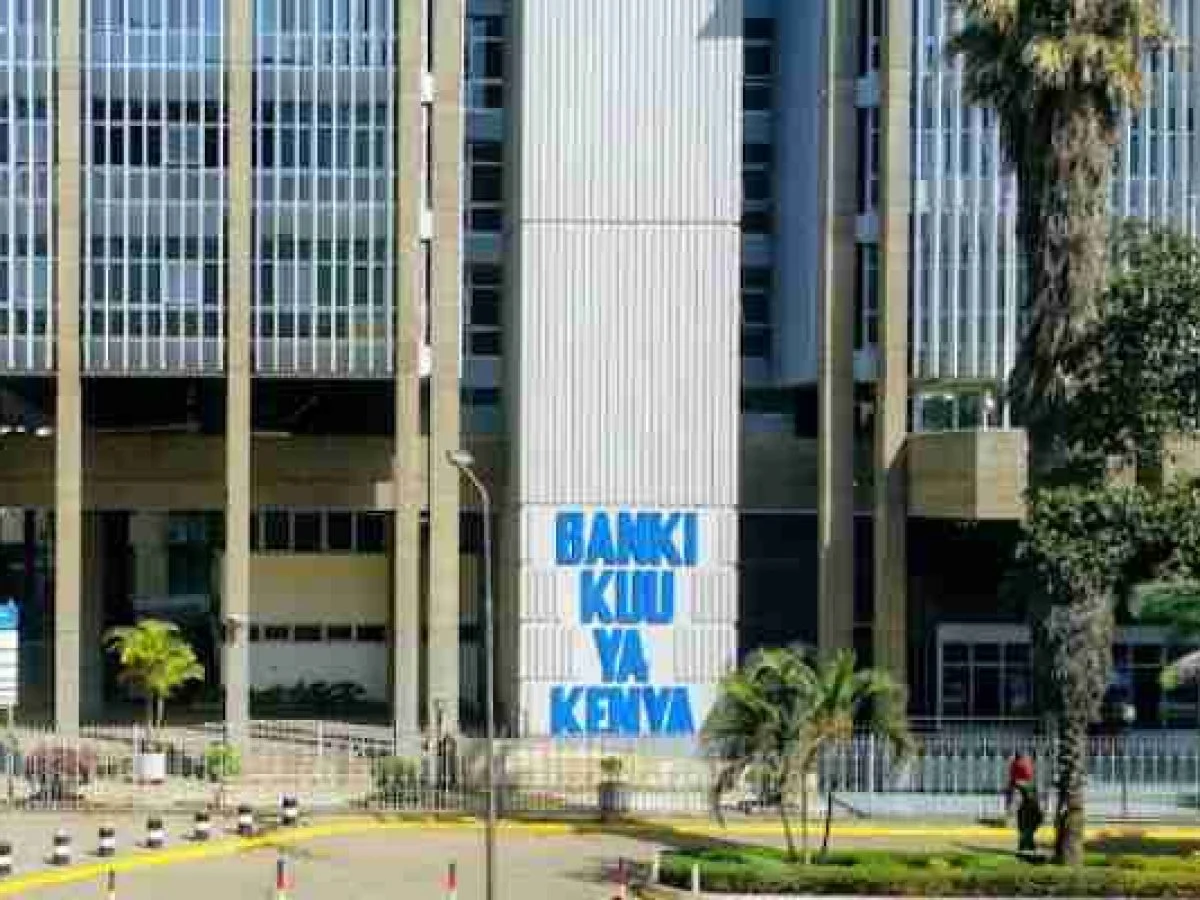Kidney disease is rapidly becoming a national health crisis in Kenya, with thousands of people struggling to access life-saving treatment.
The situation has worsened in recent months due to increasing healthcare costs, inadequate medical facilities, and a weak public health system.
Patients and their families are facing unimaginable hardships, making kidney disease a major public health concern that needs immediate attention.
1. Skyrocketing Cost of Treatment
The cost of managing kidney disease in Kenya has reached alarming levels. Dialysis, a critical procedure for survival, now costs around Ksh9,500 per session in private hospitals, and most patients require at least two sessions weekly.
While the Social Health Authority (SHA) provides some support in public hospitals, it has become unreliable, with frequent delays in payments.
Kidney transplants, which offer a long-term solution, remain out of reach for many due to high costs in millions of shillings.
2. Overwhelmed Dialysis Centers
Public hospitals with dialysis facilities are overwhelmed, with long waiting lists forcing patients to travel extreme distances or wait for weeks for a session. Many rural areas lack dialysis centers entirely, leaving patients with no choice but to make costly and exhausting journeys to urban centers.
The overcrowding in these hospitals increases the risk of complications and even death for those who cannot access timely care.
3. Acute Shortage of Specialists
Kenya is currently facing a severe shortage of nephrologists (kidney specialists). With only a handful of trained experts, most kidney patients have to endure long waiting times for diagnosis and treatment.
Public hospitals, particularly in rural areas, lack specialized kidney care, forcing patients to rely on general practitioners who may not have the expertise to handle advanced kidney disease cases.
4. Late Diagnosis and Poor Public Awareness
One of the biggest challenges is that many Kenyans do not realize they have kidney disease until it has reached an advanced stage. The lack of widespread screening programs means that high-risk individuals, such as those with diabetes and hypertension, are not diagnosed early. This late detection leads to severe complications and costly treatment options.
5. Shortage of Kidney Donors Amid Growing Demand
The need for kidney transplants is higher than ever, but Kenya still lacks an effective organ donation system. Cultural and religious beliefs continue to hinder organ donation efforts, leaving many patients stuck on dialysis for years. Without a functional donor registry, kidney transplants remain a privilege for the wealthy, while low-income patients suffer without hope.
6. SHA’s Failure to Fully Cover Costs
Despite being a lifeline for many patients, SHA’s support for kidney treatment has become unreliable. Reports of patients being turned away from dialysis sessions due to SHA delays are increasing.
Additionally, SHA does not fully cover post-transplant medications, which are essential for preventing organ rejection.
7. Mental Health Struggles and Social Stigma
The burden of kidney disease goes beyond physical health—it takes a significant toll on mental well-being. Many patients suffer from depression and anxiety due to the financial stress and uncertainty of their condition.
Furthermore, stigma from communities and workplaces often isolates patients, making it harder for them to cope with the disease.
8. Weak Prevention and Public Health Strategies
Prevention remains a neglected aspect of kidney health in Kenya. Despite the rising number of kidney disease cases, there are minimal public education campaigns about risk factors like poor diet, high blood pressure, and diabetes.
Without urgent action to promote kidney health awareness, more Kenyans will continue developing preventable kidney diseases.
The kidney disease crisis in Kenya demands urgent intervention. The government must act fast to improve access to affordable treatment, expand dialysis centers, and address SHA’s inefficiencies.
Additionally, more investment is needed in kidney disease awareness and early screening programs. Encouraging organ donation through better policies could also save countless lives.
This is not just a medical issue it is a national emergency that requires collective action. If urgent steps are not taken, more Kenyans will continue to suffer and die from a disease that can be managed with the right support and policies.











